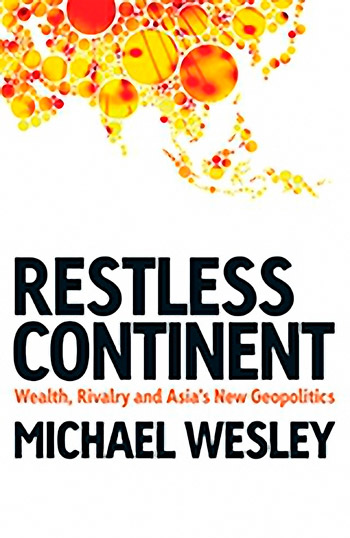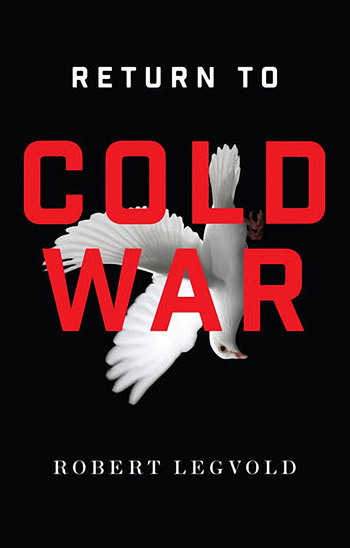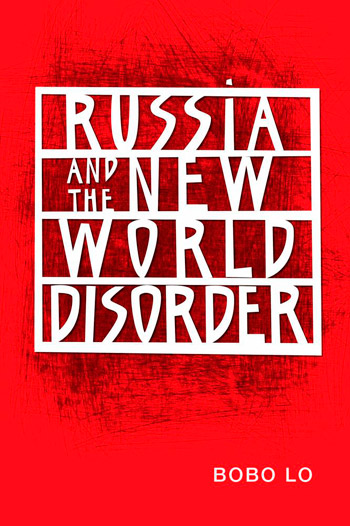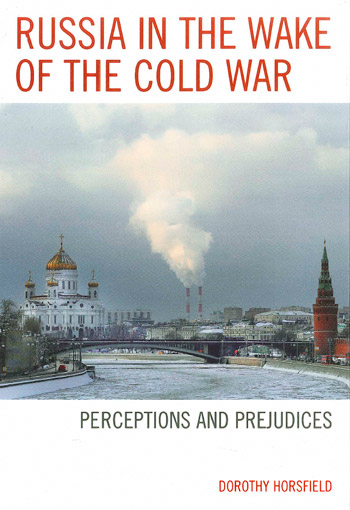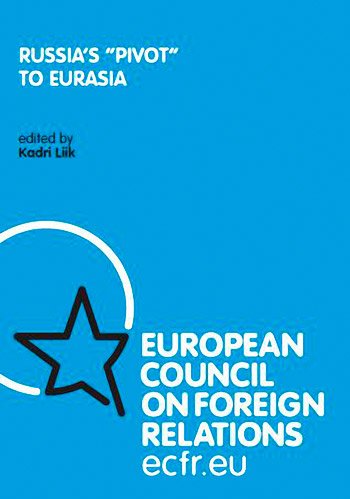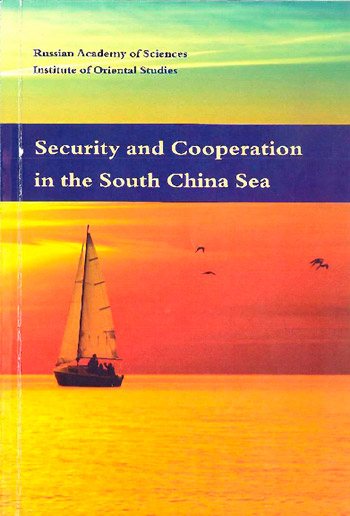Внутренняя политика России и международная политика
Онлайн библиотека книг, статей, докладов, документов
The world has never seen economic development as rapid or significant as Asia’s during recent decades. Home to three-fifths of humanity, this restless continent will soon produce more than half of the world’s economic output and consume more energy than the rest of the world combined. All but three of the planet’s current and nascent nuclear powers are Asian, and it has the greatest growth in weapons spending of any other region. Surprisingly little hard thinking has been done about the future of Asia. Restless Continent is the first book to examine the economic, social, political and strategic trends across the world’s largest continent and present a road-map for thinking about Asia’s future – and the world.Written for general reader and policy specialist alike, Restless Continent is an agenda-shaping book about the shape of international affairs in the twenty-first century.
Профессор политологии Колумбийского университета, признанный специалист в области советологии и российской внешней политики, рассматривает ухудшение российско-американских отношений, возникшее вместе с украинским кризисом, как начало «новой холодной войны». Дальнейшее усугубление ситуации грозит миропорядку непоправимыми потерями, поэтому Р. Легвольд призывает США и Россию преодолеть негативное восприятие друг друга, поставить перед собой цель закончить противостояние и совместными усилиями, пусть и методом «малых шагов», начать выходить из кризиса.
Новая книга известного специалиста Бобо Ло — жесткое, нелицеприятное изображение внешней политики Москвы, не лишенное искажений и однобокости. Книга едва ли будет способствовать адекватному и сбалансированному пониманию российской стратегии на Западе. Тем не менее отечественной аудитории она предоставляет возможность без иллюзий и чрезмерного оптимизма оценить место страны на мировой арене, ее уязвимые места и перспективы. Такой критический взгляд — лучшая защита от опасной самоуспокоенности и конформизма, крайне востребованная в условиях роста напряженности по периметру российских границ.
The Russia Direct Guidebook to Russian Foreign Policy, which includes work by prominent international experts, looks back at some of the defining moments in Moscow’s relations with the world over the past year and analyzes the challenges ahead.
Amid widespread and increasing alarm in Western strategic and foreign policy circles following Russia’s capture of Crimea, support for rebels in Ukraine, and military intervention in Syria, this study provides a timely and sophisticated analysis of the nature and intentions of post-Soviet government under President Vladimir Putin. Based on both Russian and non-Russian sources, this book examines the enduring Cold War legacies underpinning Western perceptions of contemporary Russia. It analyzes the ways in which the West has interpreted and reacted to Russia’s domestic authoritarianism and foreign policy behavior and argues for diplomatic engagement based on liberal pluralism.
Examining Russia–EU relations in terms of the forms and types of power tools they use, this book argues that the deteriorating relations between Russia and the EU lie in the deep differences in their preferences for the international status quo. These different approaches, combined with economic interdependence and geographic proximity, means both parties experience significant difficulties in shaping strategy and formulating agendas with regards to each other.
Книга Ренселлера Ли и Артема Лукина «Российский Дальний Восток: новые тенденции развития в АТР и за его пределами» посвящена анализу стратегического значения российского Дальнего Востока в свете изменения геополитических реалий Азиатско-Тихоокеанского региона. Авторы, указывая на исторические, экономические и политические особенности развития региона, уделяют особое внимание изменениям международной обстановки, обусловившим усиление регионального влияния Пекина и ускорение российско-китайского сближения. Кроме того, в книге обосновывается тезис о возможности восстановления отношений Москвы и Вашингтона именно через сотрудничество в Дальневосточном регионе.
The Presidents of the Russian Federation, Kazakhstan and Belarus have signed an agreement that gives birth to the Eurasian Union – a Russia-led integrationist project designed to boost economic integration of the post-Soviet space. But what is the Eurasian Union and what does it mean for the European Union and its relationship with Russia? Is Russia now turning away from the West in the hope of a brighter future in the Asia-Pacific region? Or is it all a mirage? In a new essay collection published today, ECFR asked ten prominent Russian experts from across the political spectrum to explain why Russian elites are disappointed with Western policies and what this means for the resulting turn towards (Eur)asia.
Soon after Vladimir Putin secured his third term as Russian president, the Russian government established for the first time the Ministry for the Development of the Russian Far East in May 2012. In addition, a national program called the ‘Socio-Economic Development of the Far East and the Baikal Region’ was adopted in March 2013. Then the program was completely revised and transformed in 2014. From this one can witness Russia’s unprecedented interests in developing the Far East and the Baikal region. This study systematically analyzes the development of the Far East and the Baikal region and presents detailed policy responses while taking into account the geopolitical and geoeconomic significance of the region.
В сборник вошли статьи участников I Международной конференции «Безопасность и сотрудничество в регионе Южно-Китайского моря», цель которой – поиск оптимальных путей сотрудничества и поддержания безопасности в Южно-Китайском море и Азиатско-Тихоокеанском регионе.
